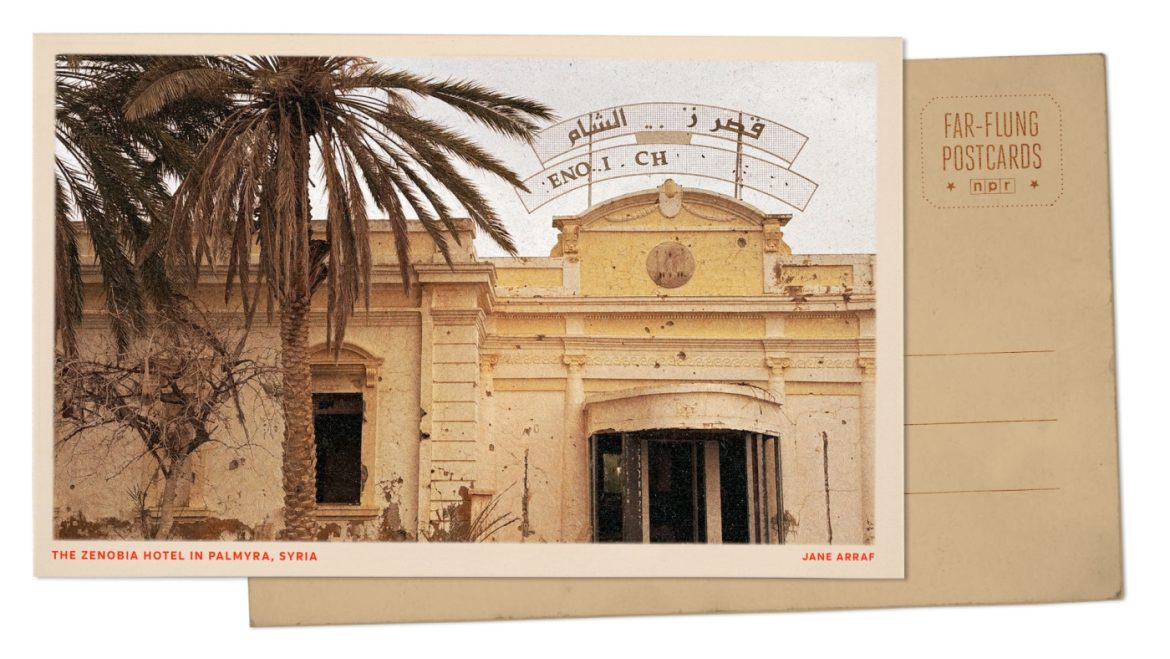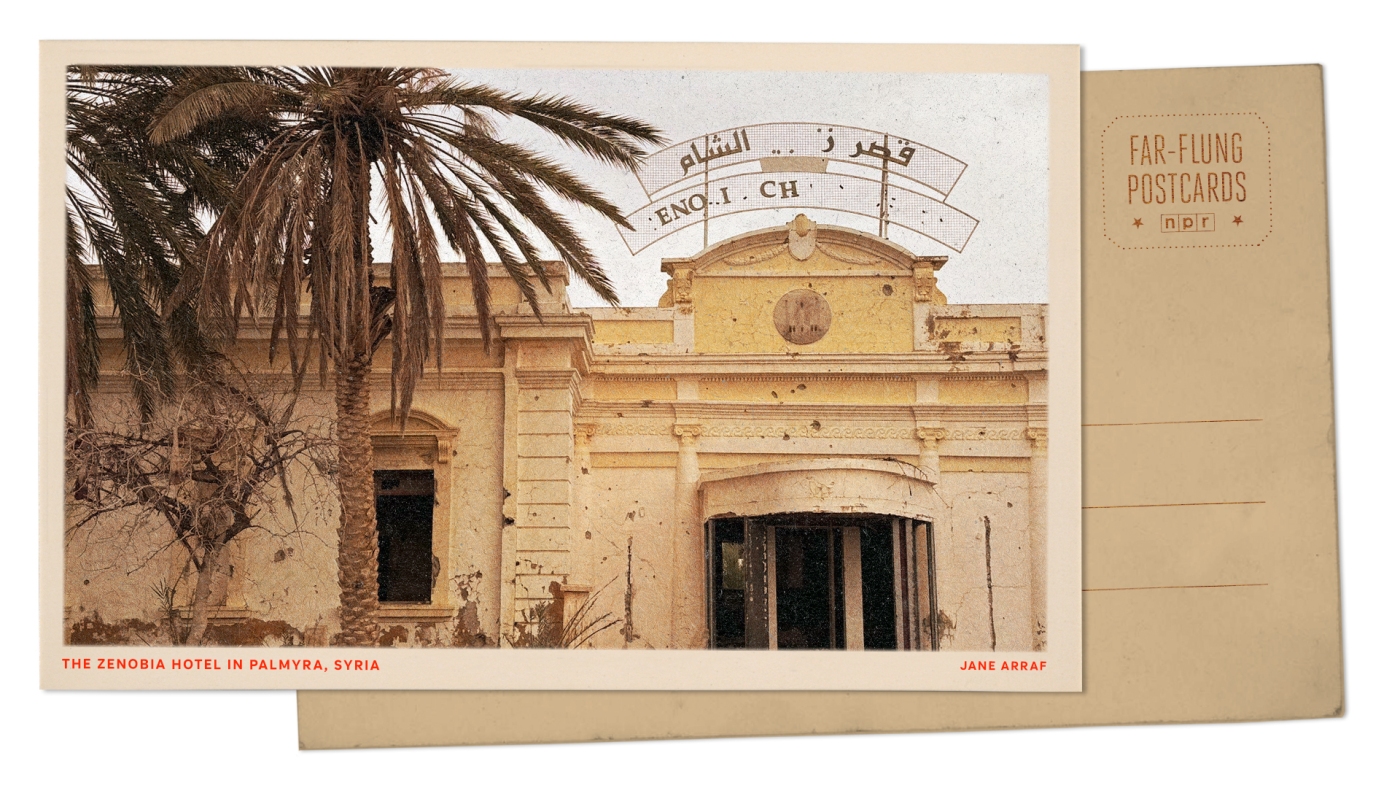The Charm and Legacy of Palmyra’s Zenobia Hotel: A Window into Syria’s Storied Past
Introduction: Palmyra’s Enduring Allure
Palmyra, the ancient oasis city nestled in the Syrian desert, has long captivated historians, travelers, and culture enthusiasts alike. Once a vibrant trade hub and a beacon of architectural splendor, Palmyra’s story intertwines with the dramatic reign of Queen Zenobia, a warrior queen who momentarily challenged the might of the Roman Empire. Among modern remnants that echo this rich legacy is the Zenobia Hotel—a grand establishment built in the 1920s and named in honor of the legendary queen. Though today the hotel no longer radiates the elegance it once did, its walls whisper tales of grandeur and cultural significance that warrant a deeper exploration.
The Historical Canvas: Palmyra and Queen Zenobia
Palmyra flourished in antiquity as a vital caravan stop on the Silk Road—a crossroads of civilizations bridging the East and West. It was a melting pot of cultures, languages, and commerce, contributing to its considerable wealth and prominence. The city’s zenith in power and influence coincided with the rule of Queen Zenobia, who ascended to leadership in the mid-3rd century AD after the assassination of her husband.
Zenobia’s story defies the conventional narratives of her era. Beyond being a ruler, she was a formidable strategist and warrior. During her reign, she annexed several eastern Roman provinces, establishing a breakaway Palmyrene Empire that posed a unique challenge to Rome’s hegemony. She minted her own coins and fostered a court that championed Greek culture and learning. Though ultimately defeated by Emperor Aurelian, Zenobia remains a symbol of courage, defiance, and intellectual prowess—a queen who dared to rewrite history.
The Zenobia Hotel: Echoes of Elegance and Ambition
Constructed in the 1920s, the Zenobia Hotel was among the most elegant hotels in the Middle East. Its naming was a deliberate homage to the powerful queen, a nod to Palmyra’s ancient glory and a statement of Syrian pride in the city’s illustrious past. Located in a region long celebrated for its historical significance, the hotel served as a beacon for travelers and a hub for cultural exchange, much like the city itself centuries earlier.
Visitors to the Zenobia Hotel once found themselves immersed in an atmosphere that mingled colonial-era sophistication with the echoes of desert grandeur. The structure represented not merely a place of rest but a bridge linking modern Syria with its historic roots. The presence of such an establishment highlighted the interweaving of historical memory and contemporary identity, offering insight into how heritage shapes place and narrative.
Palmyra’s Ruins and Contemporary Realities
Palmyra’s ruins—colonnaded streets, temples, and theaters—continue to allure the world with their stark beauty and archaeological importance. They testify to a civilization that flourished for millennia against the harsh desert backdrop. However, recent conflicts have dealt devastating blows to both Palmyra and its iconic hotel, stripping away layers of its physical grandeur and threatening the survival of its cultural heritage.
The decline of the Zenobia Hotel mirrors broader struggles faced by Palmyra and Syria itself—battles over preservation, identity, and memory. The hotel’s weathered facade is a poignant reminder not only of bygone elegance but also of resilience in the face of adversity. As Syria recovers and rebuilds, these artifacts will play crucial roles in reconnecting the present with a storied past.
Legacy of Queen Zenobia: Beyond the Ruins
Queen Zenobia’s legacy transcends the physical structures that bear her name. She embodies a rare female leadership narrative in antiquity—an emperor in all but name whose brief empire demonstrated the possibility of alternative power structures amid Rome’s dominance. Modern storytellers, historians, and cultural commentators continue to revive her tale, using it as a symbol of rebellion, intellect, and empowerment.
Naming the hotel after Zenobia tapped into this potent symbolism. The hotel was more than accommodation; it was a living tribute to a woman who once ruled with vision and steel, a constant reminder to visitors of Palmyra’s unique place in ancient and modern history.
Conclusion: Palmyra’s Enduring Voice Through Time
The story of the Zenobia Hotel in Palmyra is layered with historical, cultural, and symbolic meaning. It reflects the city’s ancient splendor, the indomitable spirit of a warrior queen who shaped its destiny, and the ongoing narrative of preservation amid destruction. Though the hotel and the city have weathered time and turmoil, their echoes remain vibrant, inspiring those who remember and honor their stories.
Palmyra, with its Zenobia Hotel standing as a silent witness, continues to tell a story of power, resilience, and the rich tapestry of human civilization in the desert. This legacy invites the world to remember the past not as a relic but as a living dialogue—one that challenges, inspires, and enriches our understanding of history’s grand theater.


